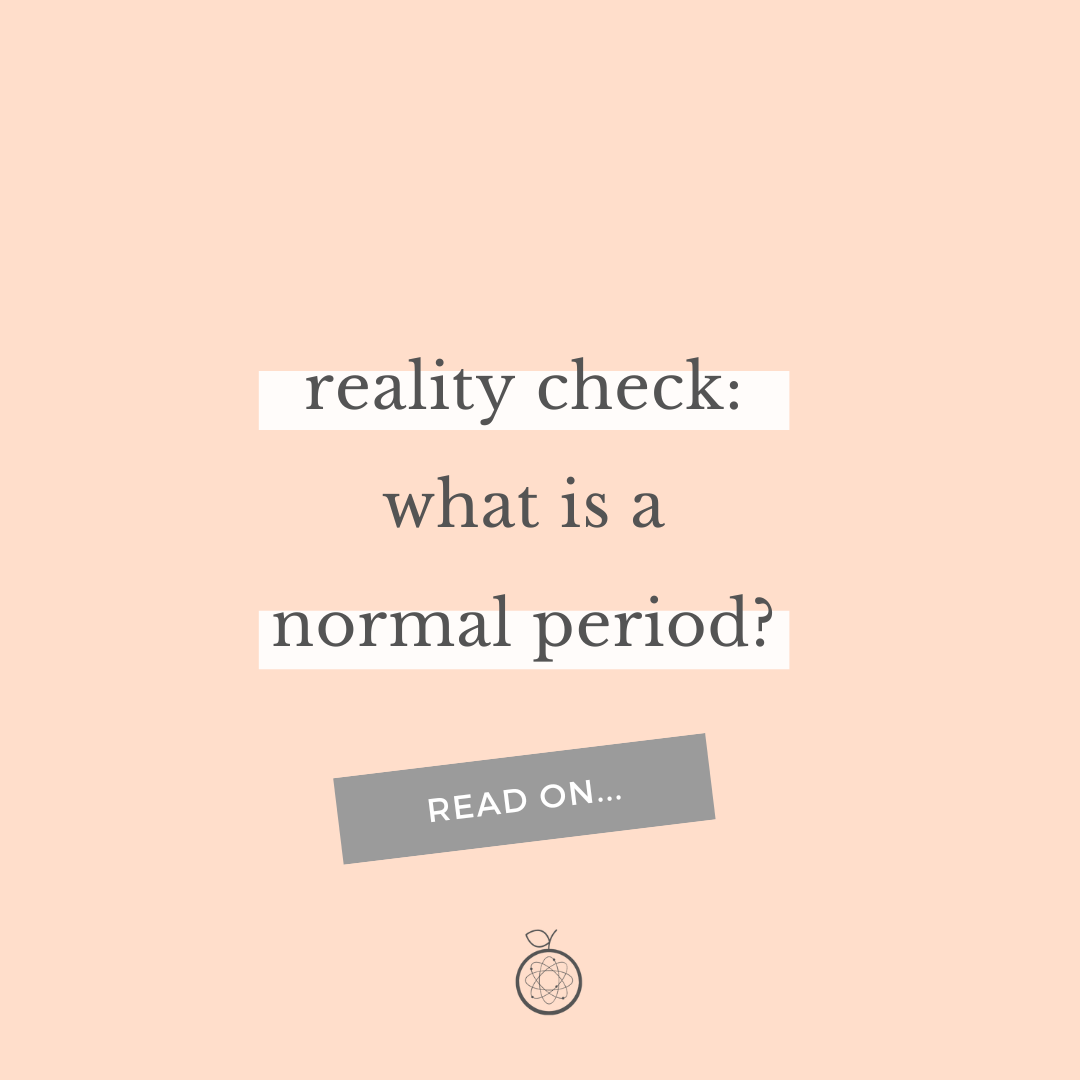Sleep is often the first element of daily life to be sacrificed when you are feeling stressed or become time poor. Adequate sleep, along with food, water and oxygen are the most important basic necessities for survival. While we’re sleeping our entire body repairs and regenerates. In fact, during sleep we make human growth hormone, a powerful anti-ageing hormone.10 Human growth hormone stimulates tissue repair, liver regeneration, muscle growth, and the breakdown and conversion of fat to muscle.1 While we sleep, our bodies remove free radicals and metabolic waste from the brain.1 Sleep also heals and repairs the heart and blood vessels, plays a vital role in reproductive hormone production, especially in puberty and fertility, and maintains a healthy balance of hormones that regulate appetite.3 Quality sleep also makes you smarter! While you’re sleeping your body is working to support healthy brain function, enabling the brain to form new pathways to help you learn and remember information.3
So just how much sleep should we all be getting? The recommendation by age group is:9
Age Hours of sleep
0-3 months 14-17
4-11 months 12-15
1-2 years 11-14
3-5 years 10-13
6-13 years 9-11
14-17 years 8-10
18-64 years 7-9
65+ years 7-8
As a nation, sleep deficiency is a major concern in Australia, with insomnia reported to affect up to 45% of the population at any given time.2 A lack of adequate sleep has serious long-term health consequences such as accelerated ageing of the brain.1 Sleep deficiency can also lead to physical and mental health problems, injuries, loss of productivity and a greater risk of death.2 It also increases our risk for diabetes and is linked to many chronic health issues including heart disease, kidney disease, high blood pressure, stroke, depression and obesity.2 In fact, getting less than the recommended sleep per night as a child doubles your risk of being overweight in future.4
Our bodies work on a circadian rhythm, often referred to as a ‘body clock’. When we wake up and expose ourselves to the morning light our body starts producing cortisol to give us energy and alertness throughout the day. As the day progresses our cortisol production declines and as it gets dark we start to release melatonin instead. Melatonin signals to your body that it’s time to prepare for rest and helps you to feel sleepy. Exposure to bright, artificial light such as fluorescent lights, TV, computer screens, and devices in the late evening can disrupt this process, making it harder to fall asleep.2
Sleep hygiene is a collection of practices or behaviours around sleep that help to promote melatonin production. Improving our sleep hygiene helps prepare our body for good quality, restorative sleep. These include:
- Allow enough time for sleep. Many of us do not allow 8 hours for sleep
- Try to maintain the same daily bed time and wake time
- Make the bedroom a place for sleep and intimacy only – don’t use it to do work, eat, scroll on your phone, use the computer or watch TV
- Use the hour before bed for quiet time. Take a bath, meditate or do some light reading (in dimmed lighting)
- Spend time outside every day, exposing your eyes to natural day light, especially on waking and in the morning
- Avoid nicotine and caffeine as these are stimulants
- Reduce your exposure to electromagnetic fields (EMFs), these affect your melatonin production5
- Exercise well before bedtime (ideally before 2pm)
- Avoid blue light exposure in late evening or night
- Avoid heavy meals and vigorous exercise within three hours of bedtime
Some herbs and nutrients can also help to promote restful and restorative sleep. For example, magnesium is useful for helping your muscles relax and supporting your body’s ability to repair while you sleep.7 Sour cherry naturally contains melatonin and supports your body’s own natural production of this sleep hormone to help you fall asleep faster and stay asleep for longer.6 Finally, herbs to drink as bedtime teas such as zizyphus, passionflower, valerian, and hops all have sedative qualities that help your body relax and wind down for a calm evening and good quality sleep.7-8
To read more about your circadian rhythm, click here.
References
- Murray, MT. Insomnia. Pizzorno J, Murray M. Textbook of natural medicine, 3rd ed. (p.1553). Sydney: Churchill Livingstone Elsevier, 2006.
- Report to the Sleep Health Foundation 2016 Sleep Health Survey of Australian Adults. Viewed 29 May 2019, https://www.sleephealthfoundation.org.au/pdfs/surveys/SleepHealthFoundation-Survey.pdf
- Sleep Deprivation and Deficiency. Viewed 29 May 2019, https://www.nhlbi.nih.gov/health-topics/sleep-deprivation-and-deficiency
- Fatima Y, Doi S & Mamun A. Longitudinal impact of sleep on overweight and obesity in children and adolescents: A systematic review and bias-adjusted meta-analysis. Obesity Reviews 2015; 16(2):137-149.
- Halgamuge MN. Pineal melatonin level disruption in humans due to electromagnetic fields and ICNIRP limits. Radiat Prot Dosimetry 2013 May; 154(4):405-16.
- Howatson G, Bell PG, Tallent J, et al. Effect of tart cherry juice (Prunus cerasus) on melatonin levels and enhanced sleep quality. Eur J Nutr 2012 Dec;51(8):909-16.
- Braun L, Cohen M. Herbs and natural supplements, 3rd ed (pp.604, 722, 681-687, 912). Sydney: Churchill Livingstone Elsevier, 2011.
- Chen J, Liu X, Li Z, et al. A Review of Dietary Ziziphus jujuba Fruit (Jujube): Developing Health Food Supplements for Brain Protection. Evid Based Complement Alternat Med 2017 Jun 7.National Sleep Foundation. How much sleep do we really need? Viewed 18 July 2019,
- National Sleep Foundation. How much sleep do we really need? Viewed 18 July 2019, https://www.sleepfoundation.org/excessive-sleepiness/support/how-much-sleep-do-we-really-need
- Mayo Clinic. Human growth horone (HGH): Does it slow ageing? 2016. Viewed 25 July 2019, https://www.mayoclinic.org/healthy-lifestyle/healthy-aging/in-depth/growth-hormone/art-20045735







0 Comments